U.S. President Donald Trump's administration is redirecting anti-drone technology earmarked for Ukraine to its own troops based in the Middle East, the Wall Street Journal (WSJ) reported on June 4.
According to the WSJ, special fuzes used in ground-to-air rocket systems that protect against drone attacks will be redirected towards units in the Middle East, as the U.S. braces for conflict with Iran as well as Houthi militants in Yemen.
The Pentagon notified Congress last week in a previously undisclosed message that the redirection of the fuzes, used in Advanced Precision Kill Weapon System, was identified by Defense Secretary Pete Hegseth as an "urgent issue."
The fuzes were initially bought for Ukraine by the Biden administration.
The decision comes as Russia has intensified its drone attacks in recent months, targeting cities across Ukraine. On the night of June 1, Russia launched its largest swarm of attack drones since the start of the full-scale invasion, topping out at 472 total units at once.
President Volodymyr Zelensky said on June 4 that Russia has launched over 20,000 drones towards Ukraine since the start of 2025.
A source in Ukraine's military intelligence (HUR) told the Kyiv Independent on June 4 that Russia will soon be able to deploy more than 500 long-range drones a night to attack Ukraine as it ramps up production and builds new launch sites for them.
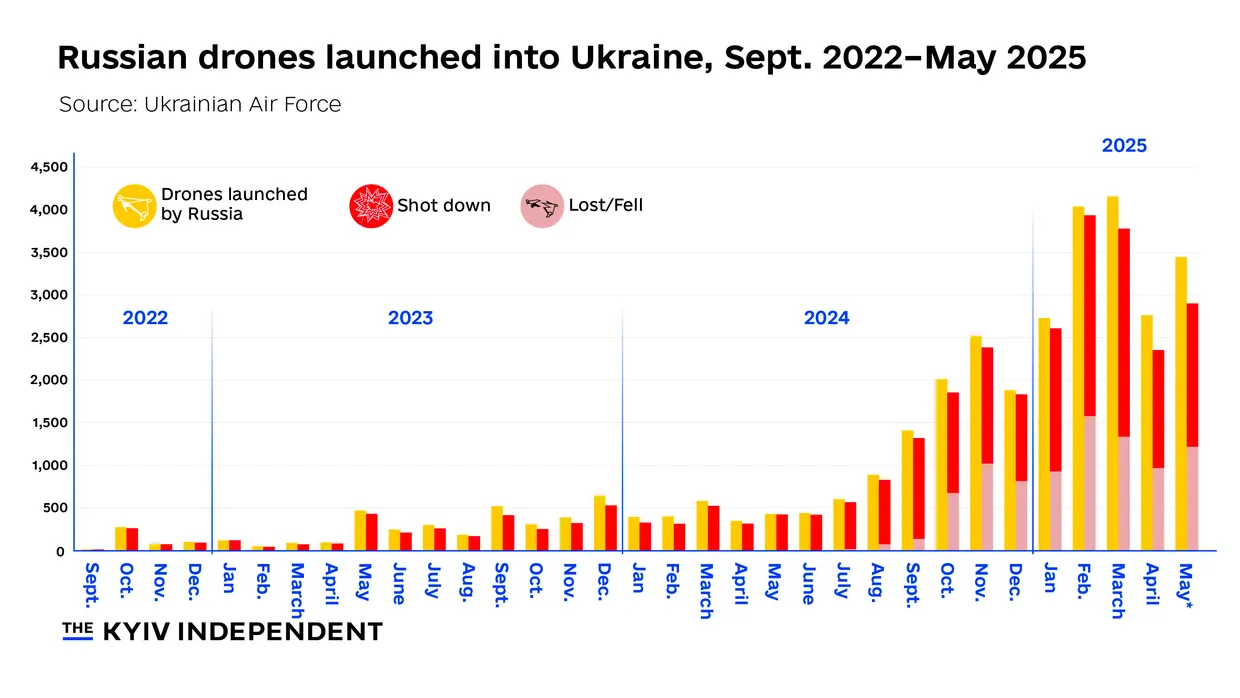
Since the start of his presidency, Trump has been critical of providing Ukraine with additional military aid. The U.S. temporarily halted military supplies for Ukraine in March before restarting them after Kyiv agreed to the truce plan during talks in Jeddah on March 11.
Hegseth, who reportedly ordered a temporary halt of military aid flights to Ukraine, has also been critical of providing additional aid to Kyiv. Earlier in the day on June 4, Hegseth did not attend a meeting of the Ukraine Defense Contact Group, marking the first instance since the start of the full-scale war that the U.S. Defense Secretary was not in attendance.
Since Trump's second term began in January, no new aid packages have been approved.
Following a call on June 4 with Russian President Vladimir Putin, Trump said that Putin "will have to respond" to Ukraine's recent drone attack on military airfields.
Ukraine has called upon its partners to invest more in its arms production and to provide additional air defenses, namely Patriot systems, to help fend off intensifying Russian aerial attacks.
Trump urges Senate to postpone vote on Russia sanctions bill, Senator says
U.S. President Donald Trump has asked the Senate to delay voting on a bipartisan Russia sanctions bill, Republican Senator Roger Wicker said on June 4.

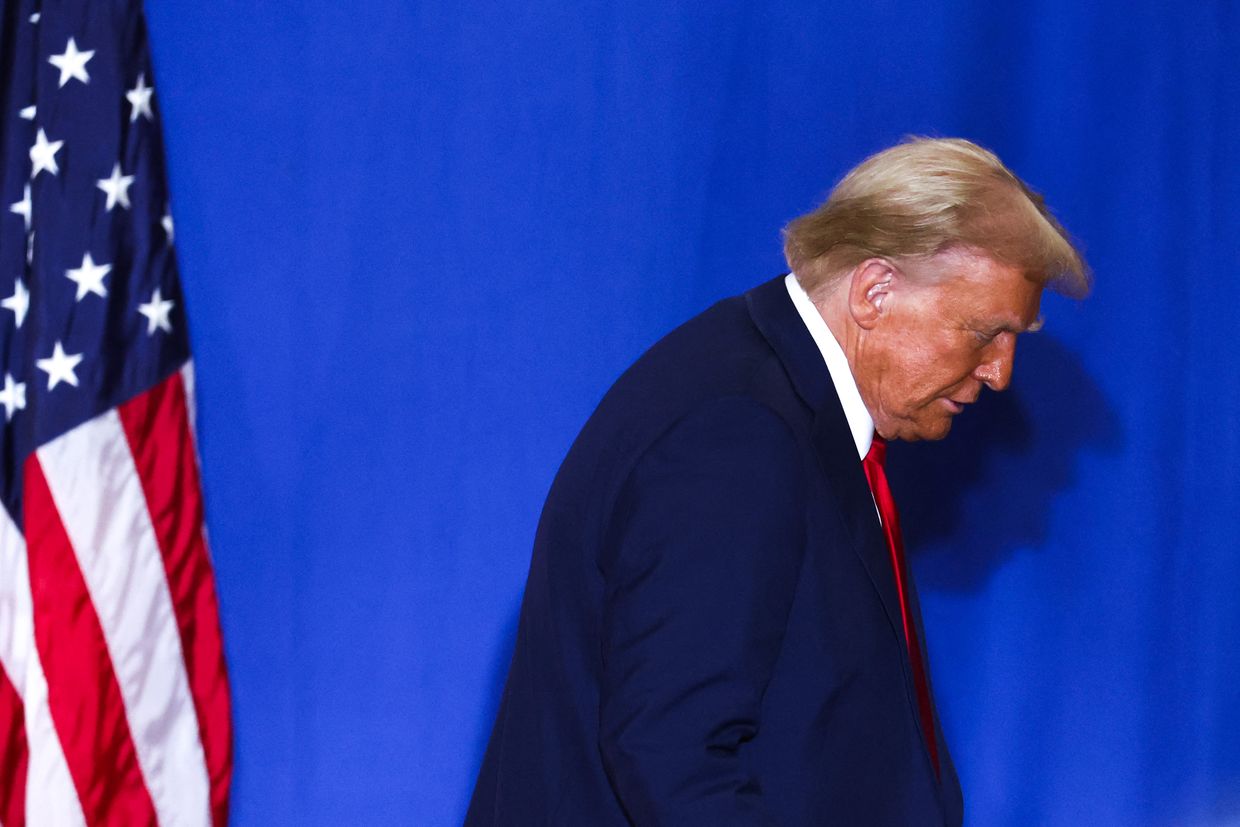
.png)
 German (DE)
German (DE)  English (US)
English (US)  Spanish (ES)
Spanish (ES)  French (FR)
French (FR)  Hindi (IN)
Hindi (IN)  Italian (IT)
Italian (IT)  Russian (RU)
Russian (RU)  1 day ago
5
1 day ago
5
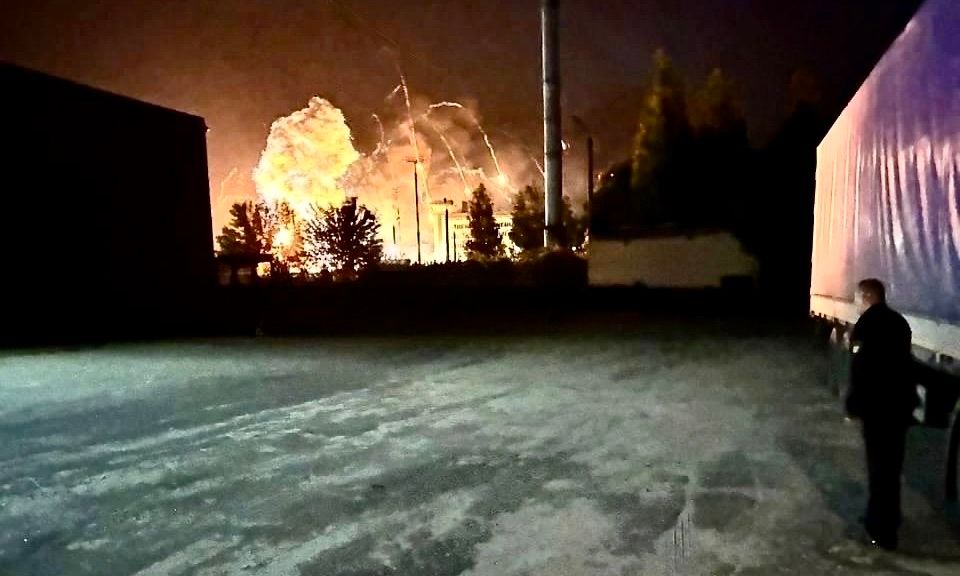
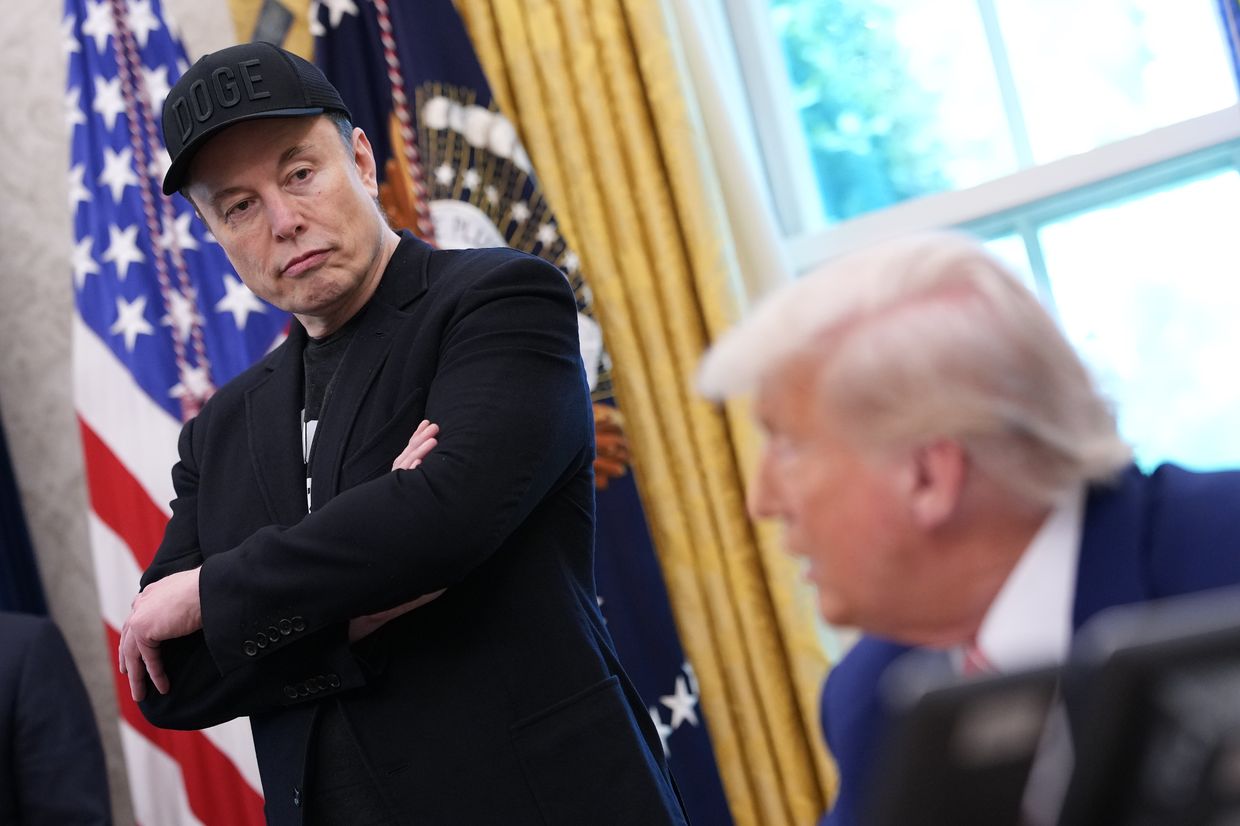
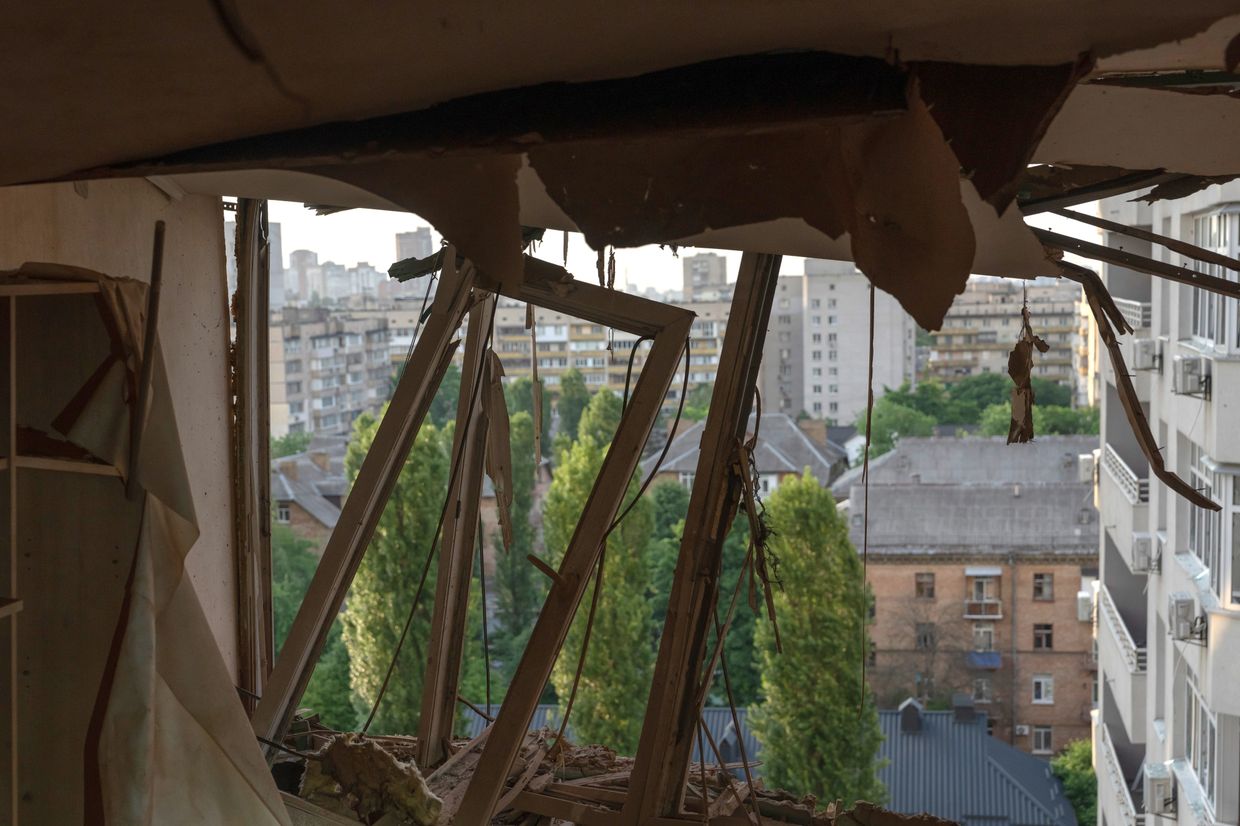
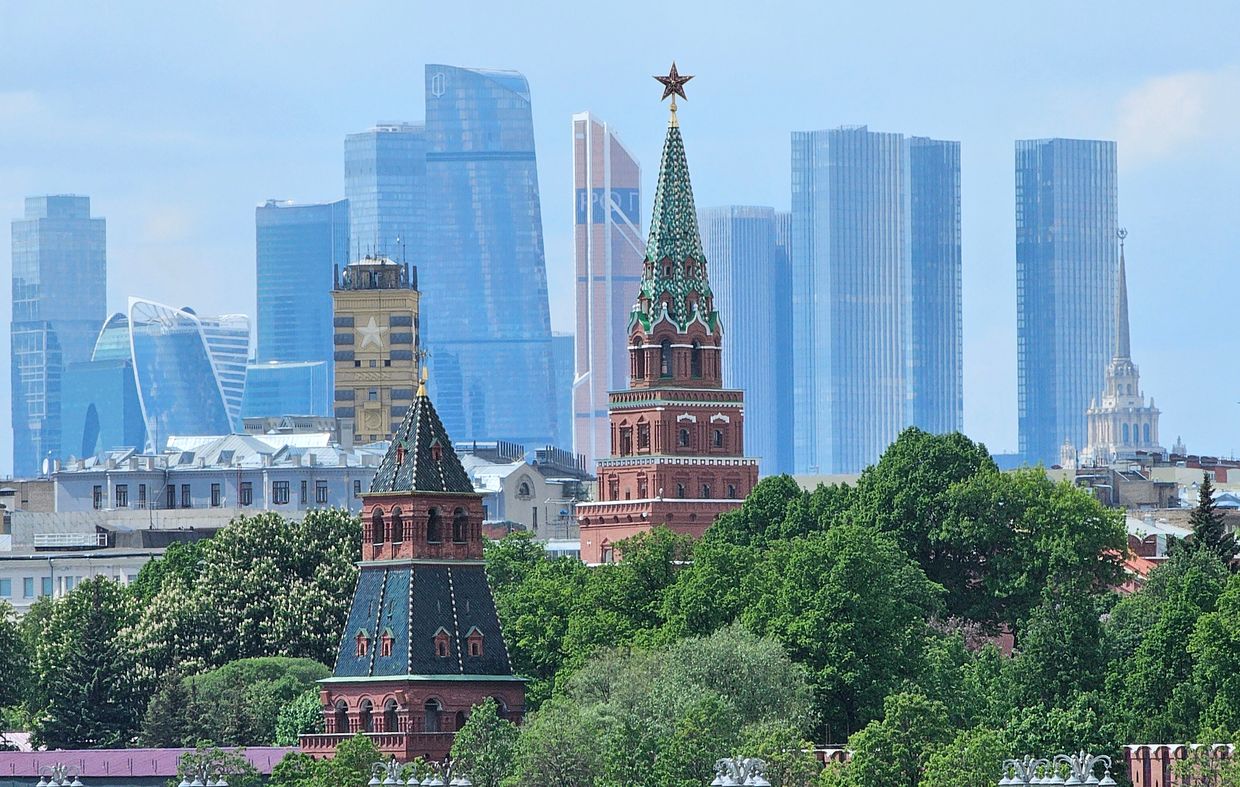
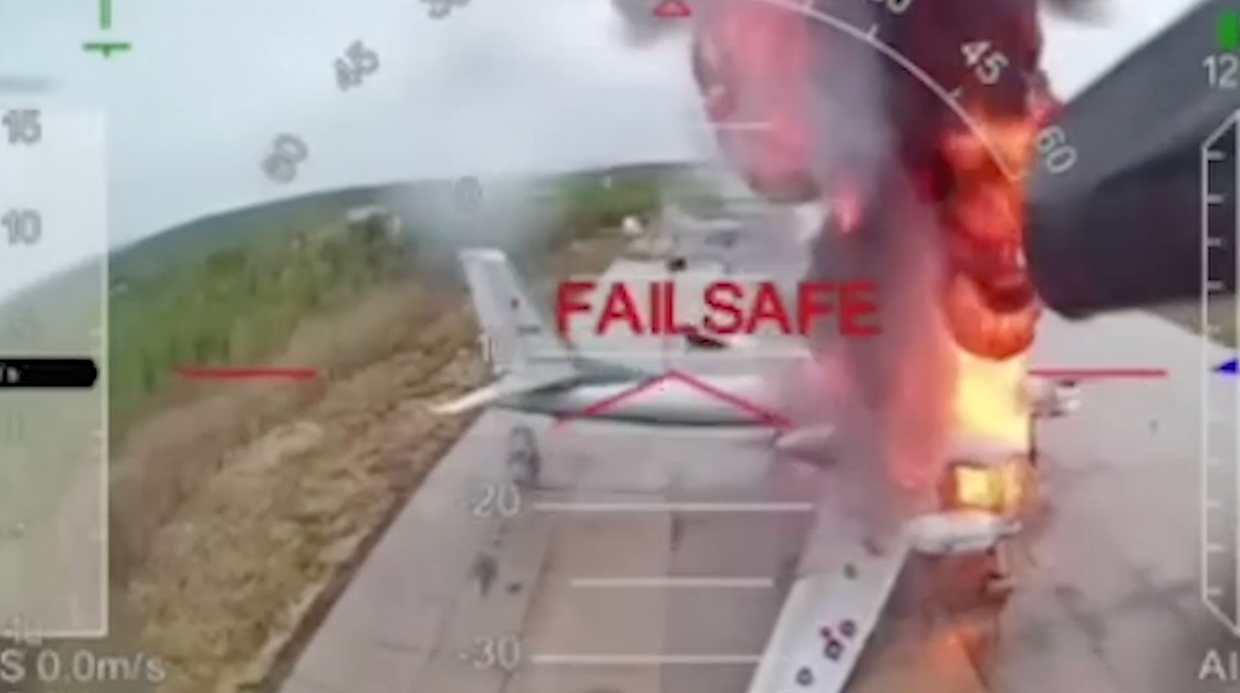

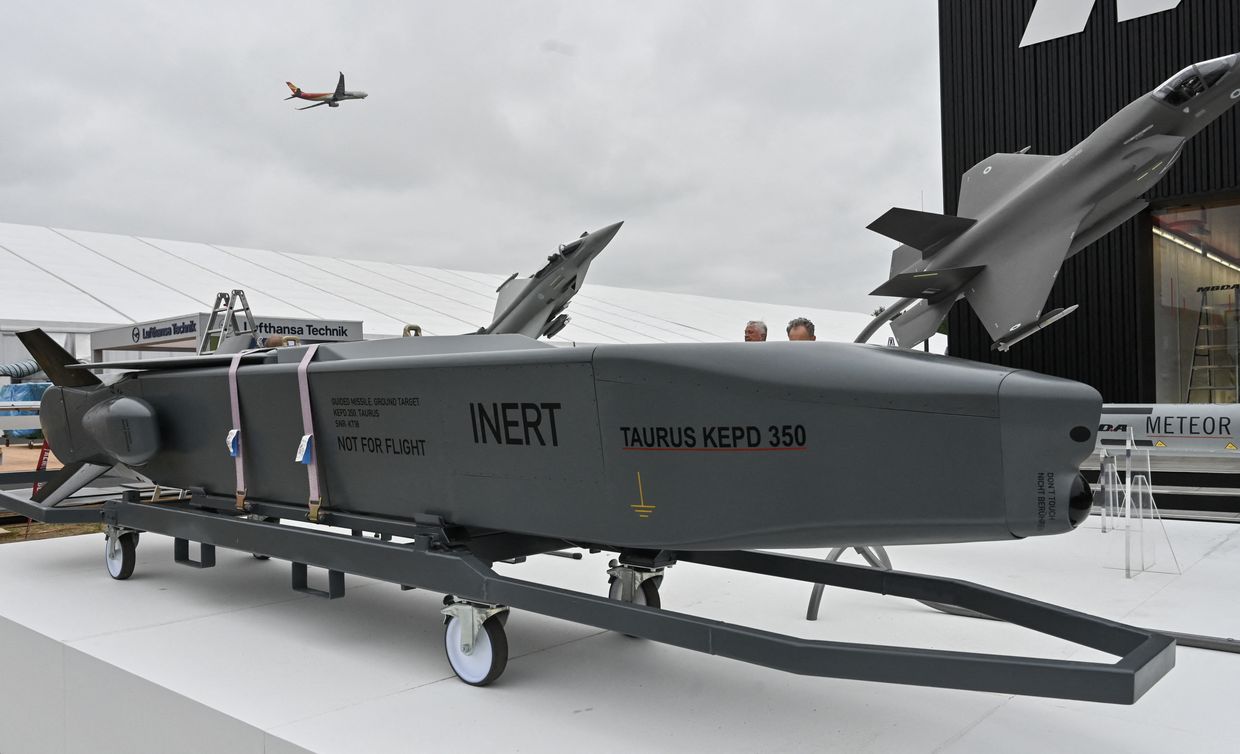

Comments